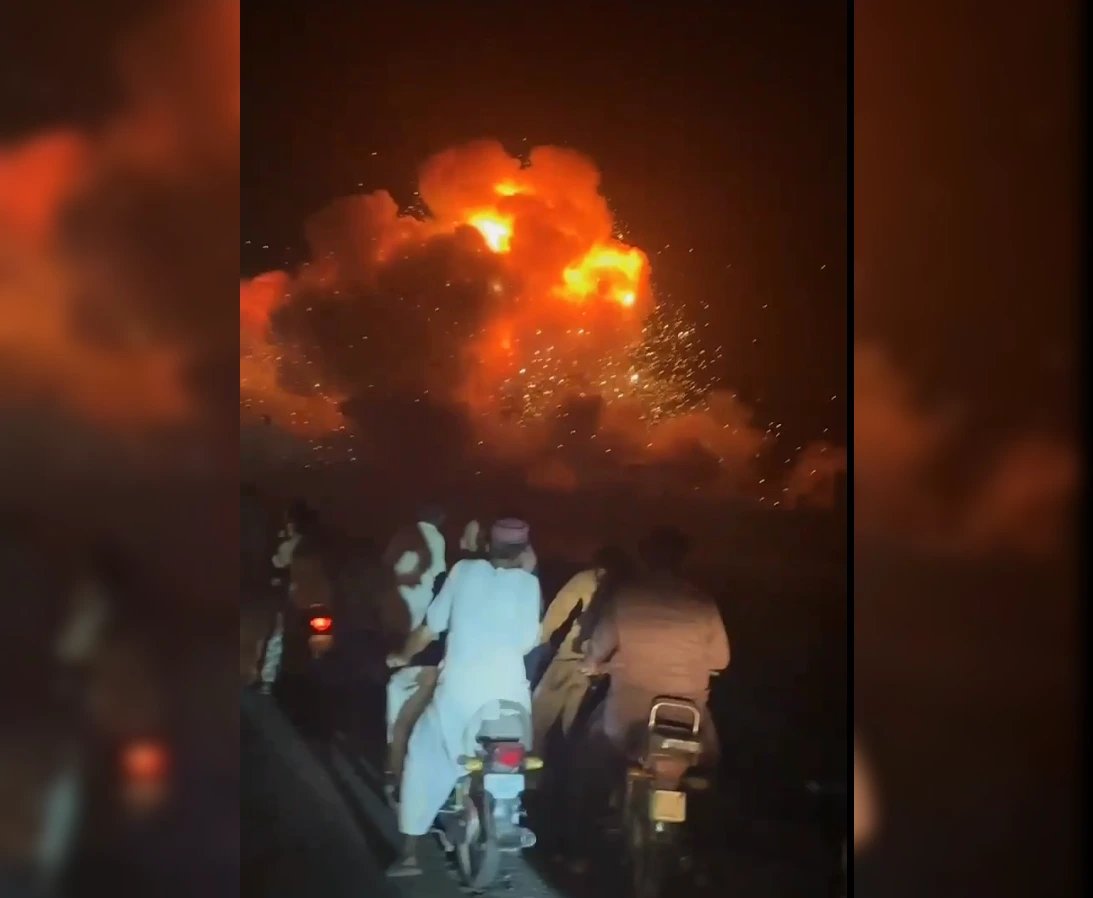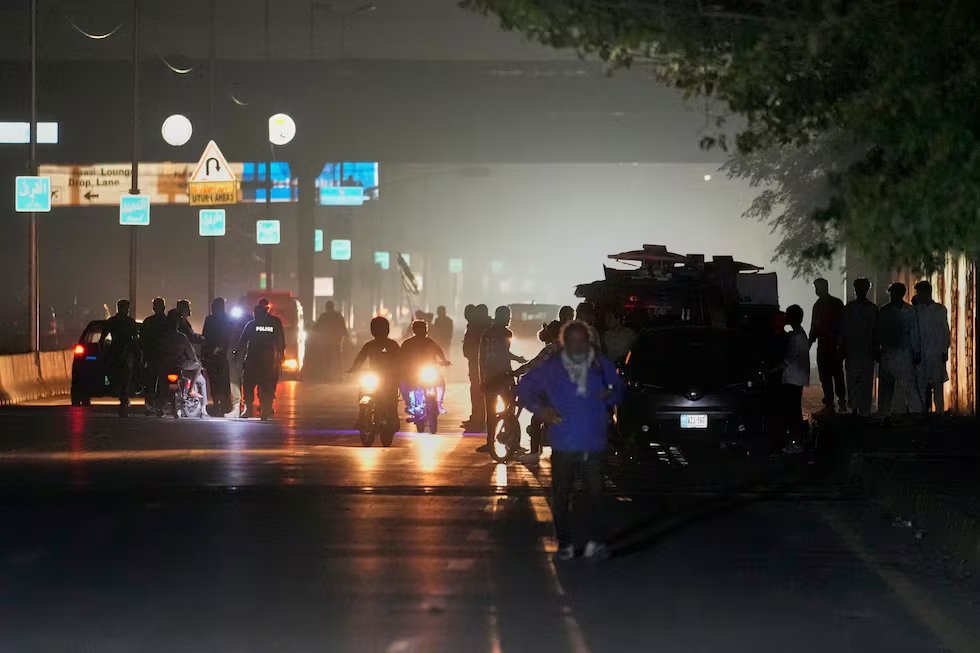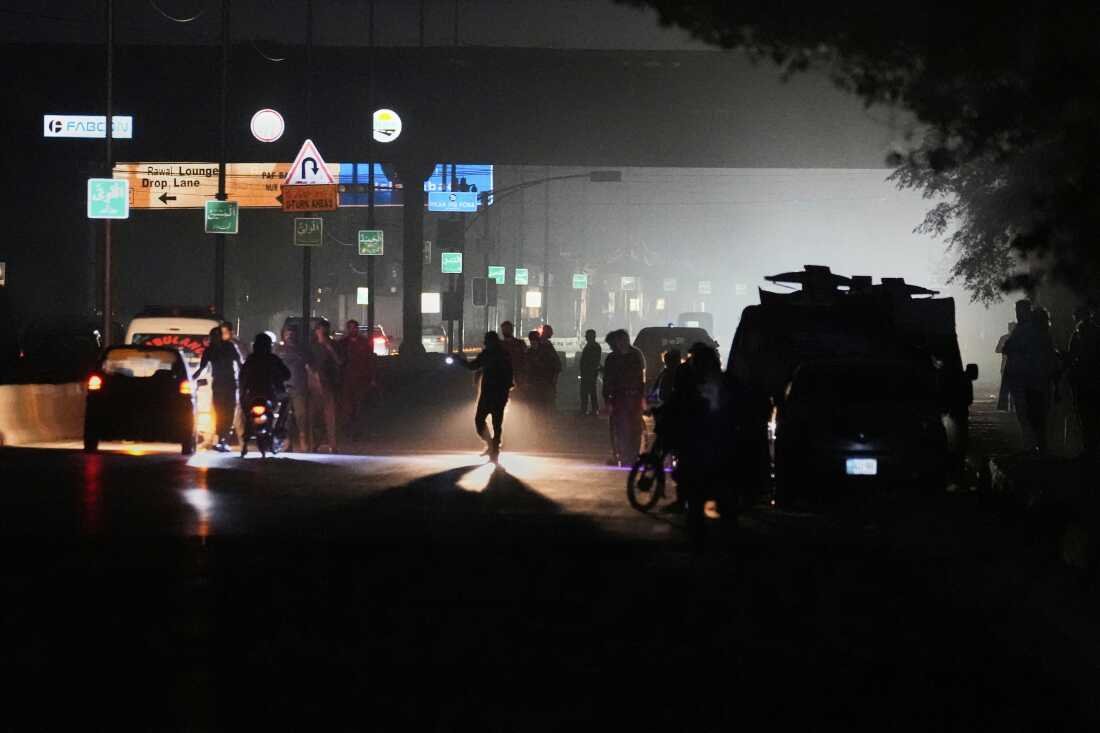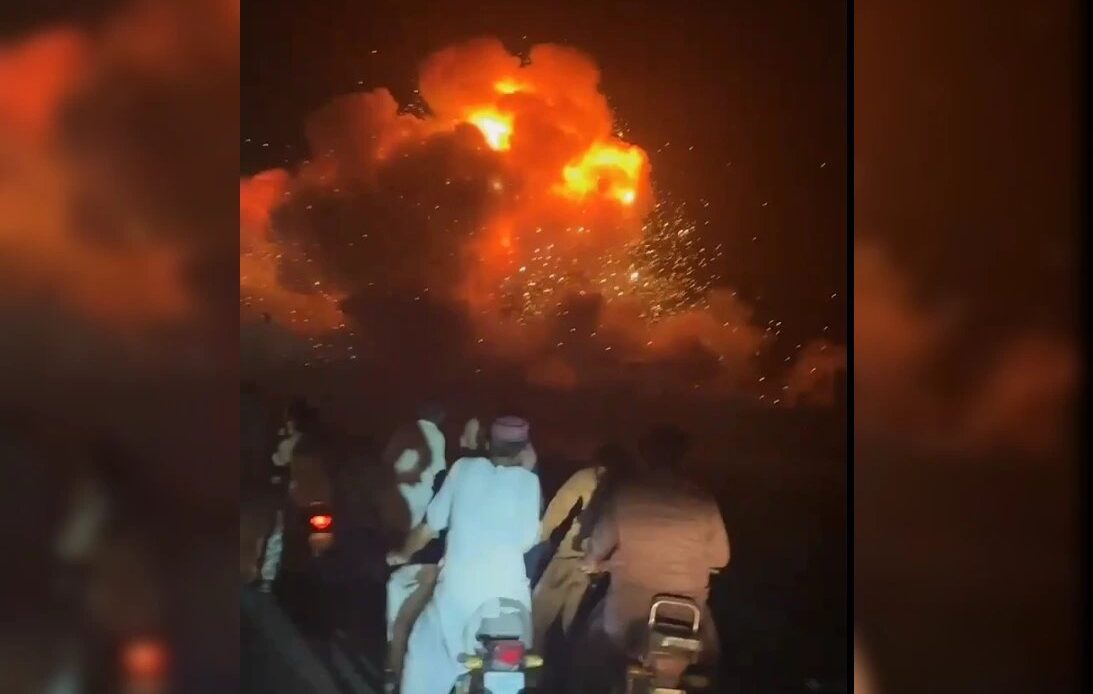In a dramatic escalation of military tensions between Pakistan and India, Pakistan’s military has accused India of launching missile strikes at three of its air bases. The missiles reportedly targeted strategic military sites, further intensifying the already strained relations between the two nuclear-armed nations.
The Pakistani military has confirmed that retaliatory action is underway, signaling a potential conflict escalation in the region. The situation is developing rapidly, and both countries’ forces are on high alert.

**Pakistan’s Response: Retaliation in Full Swing**
According to reports from Pakistan’s Ministry of Defence, India’s missile strikes hit three key air bases in the country’s northern and western regions. While the extent of the damage has not been fully disclosed, sources claim that the missiles targeted vital military infrastructure, threatening the operational capabilities of Pakistan’s air force.
In response, Pakistan has stated that it has already initiated a series of retaliatory actions against Indian military assets. The country’s armed forces have mobilized and are taking steps to counter the missile strikes in a manner that ensures its defense capabilities remain intact. Pakistan’s retaliation is expected to include airstrikes and other forms of military retaliation, although specifics have not been publicly revealed.
**The Significance of the Missile Strikes and Retaliation**
The missile strikes come at a time of heightened tensions between India and Pakistan, both of which have a long history of conflict, particularly over the disputed region of Kashmir. Both countries have nuclear weapons, and any military action between them could have significant regional and global implications.
India has not yet issued an official statement regarding the missile strikes, leaving the world waiting for further developments. However, Pakistan’s swift response and military mobilization suggest that the situation remains critical.

**International Concern: Calls for De-escalation**
As the situation develops, the international community has expressed deep concern over the growing military tensions between the two countries. Various global powers, including the United States, Russia, and China, have urged both nations to de-escalate the conflict and engage in dialogue to prevent further bloodshed.
The United Nations has also called for calm and for both India and Pakistan to exercise restraint in their actions. With millions of lives at risk in one of the most volatile regions in the world, the potential for widespread conflict remains a significant concern.
**The Road Ahead: What Does This Mean for India-Pakistan Relations?**
The missile strikes and Pakistan’s retaliation mark a worrying turning point in the already fragile relationship between India and Pakistan. Given the history of military confrontations between the two nations, there is growing concern that this new escalation could spiral into a larger and more destructive conflict.
It remains to be seen how India will respond to Pakistan’s retaliation. The coming hours and days will be critical in determining whether both sides can contain the situation or if the conflict will escalate further.

**A Region on Edge as India-Pakistan Tensions Rise**
As tensions soar between India and Pakistan following the missile strikes and subsequent retaliation, the region remains on high alert. The potential for further military action looms large, and the international community is closely monitoring the situation. With both countries holding nuclear arsenals, the importance of diplomatic intervention cannot be overstated.
